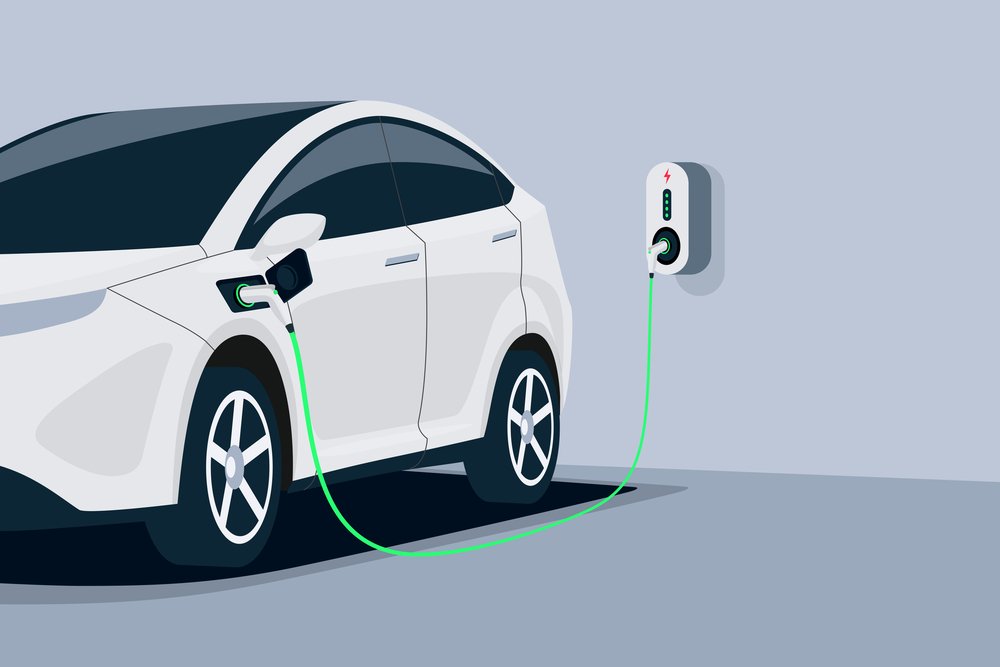
Production costs of batteries for electric vehicles is expected to drop in the coming years, an automaker leader recently predicted. And range is expected to significantly grow.
At this year’s International Vienna Motor Symposium, Volkswagen board member Michael Steiner predicted that battery production costs are expected to decrease by up to 40 per cent by 2035, with improvements in charging speed, durability, range, recycling, sustainability and safety.
“The battery cell is the heart of electromobility,” said Steiner, who is chief research officer of Volkswagen Group.
He also noted that his group views standardization as a key solution to reducing costs.
“Battery systems account for around 40 per cent of vehicle costs. It is therefore vital to standardize all components of a battery system in order to reduce complexity and to bring costs under control,” added VW battery expert Marcel Hollweg.
The VW standardization strategy encompasses design, production and recycling of battery components.
“In the future, around 80 percent of the VW Group’s vehicles will be rolled out with the standardized unit cell,” explained head of development Arno Perner. These cells, all prismatic and designed for 400 or 800 volts, range from low-cost sodium-ion cells to high-performance solid-state cells.
Range expansion
The promise of solid-state cell technology would replace the liquid electrolyte with semi-solid or solid electrolytes, allowing higher energy densities (more than 400 watt hours per kilogram), greater safety and faster charging. That makes 800 kilometres of range a possibility for the future.
Fabian Duffner, a battery expert at Porsche Consulting, noted that Japan, South Korea, China and the U.S. are leading in this development. However, he noted, solid-state technology faces technical and financial hurdles.
“A solid-state battery requires significantly more lithium per kilowatt hour than a conventional lithium-ion battery,” Duffner said, making it more dependent on the fluctuating price of lithium.
Conventional lithium batteries will continue to exist, especially in the cost-sensitive mass market sector. Lithium iron phosphate batteries, known for their long service life and low costs but modest range, are widely used for both trucks and cars.
Geon Seog Son, a battery materials expert at Umicore in Korea, highlighted that sodium-ion cells, which are cheaper and safer, are currently available in a small sector in China but are expected to expand.
Image credit: Depositphotos.com



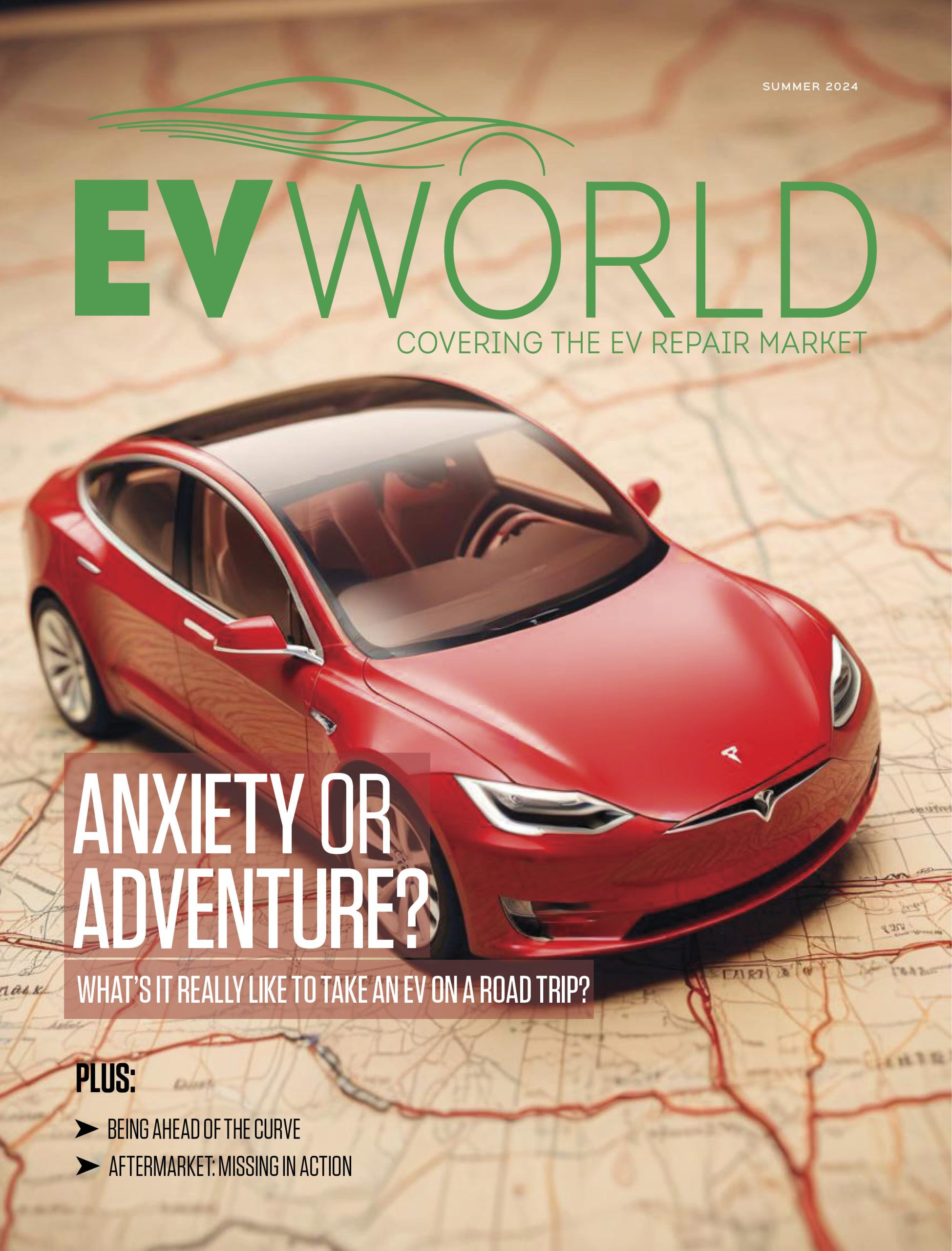




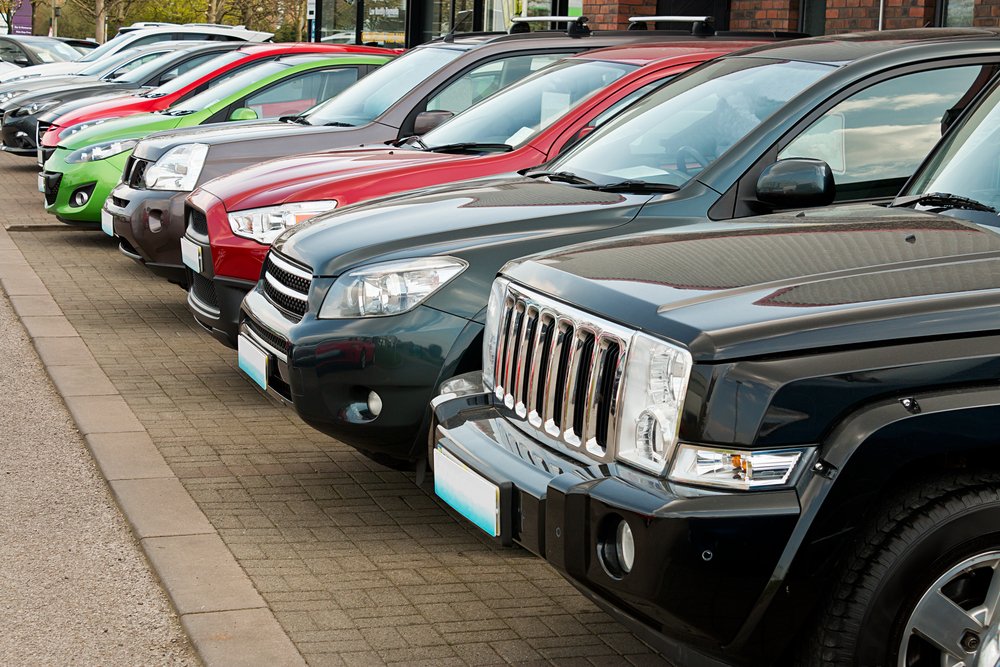
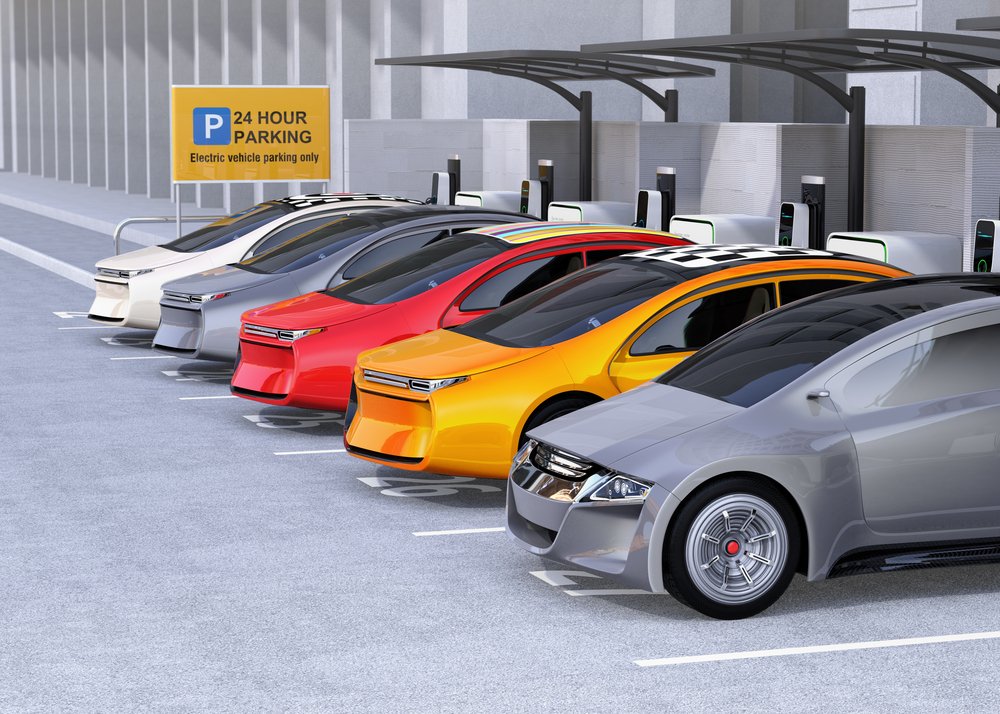

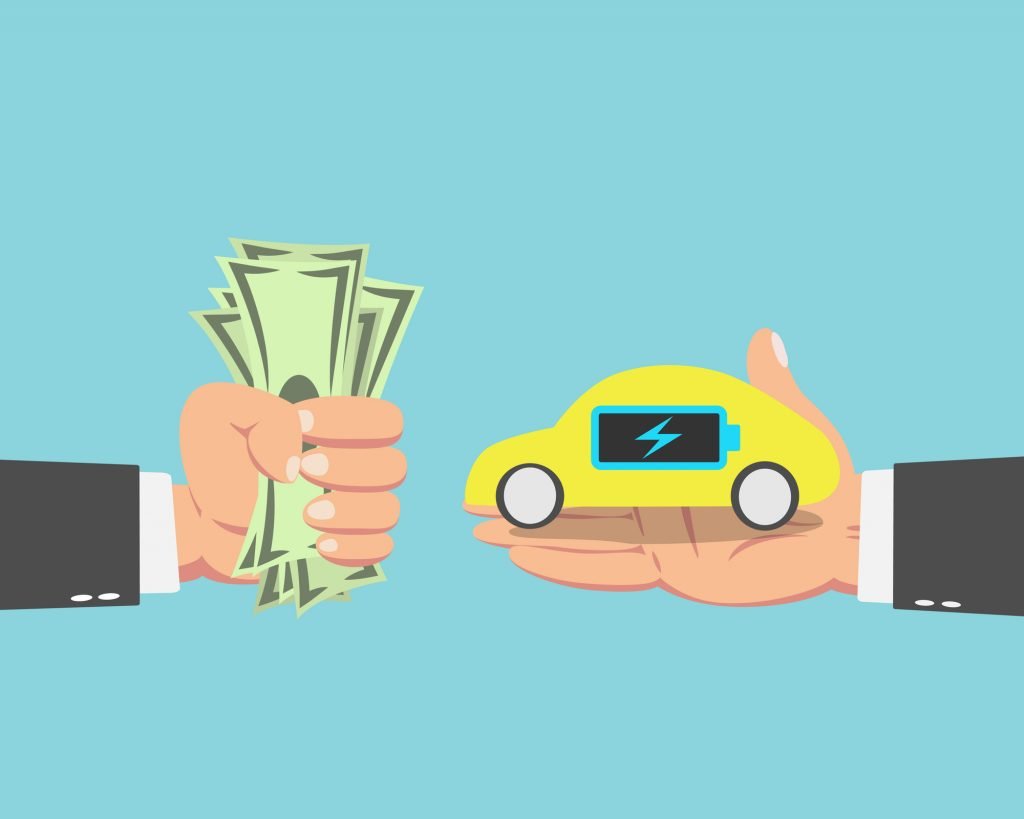
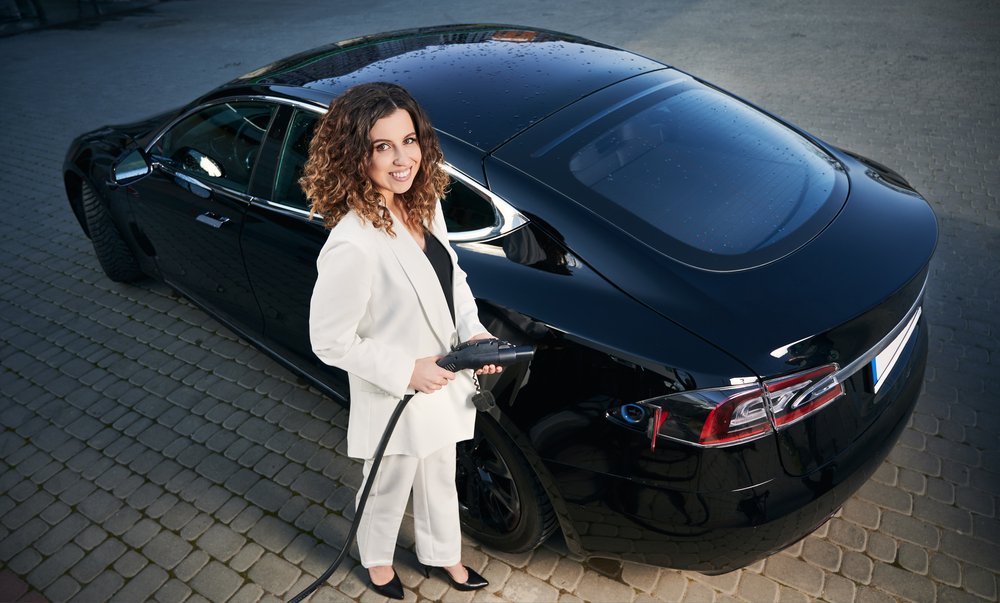
Leave a Reply